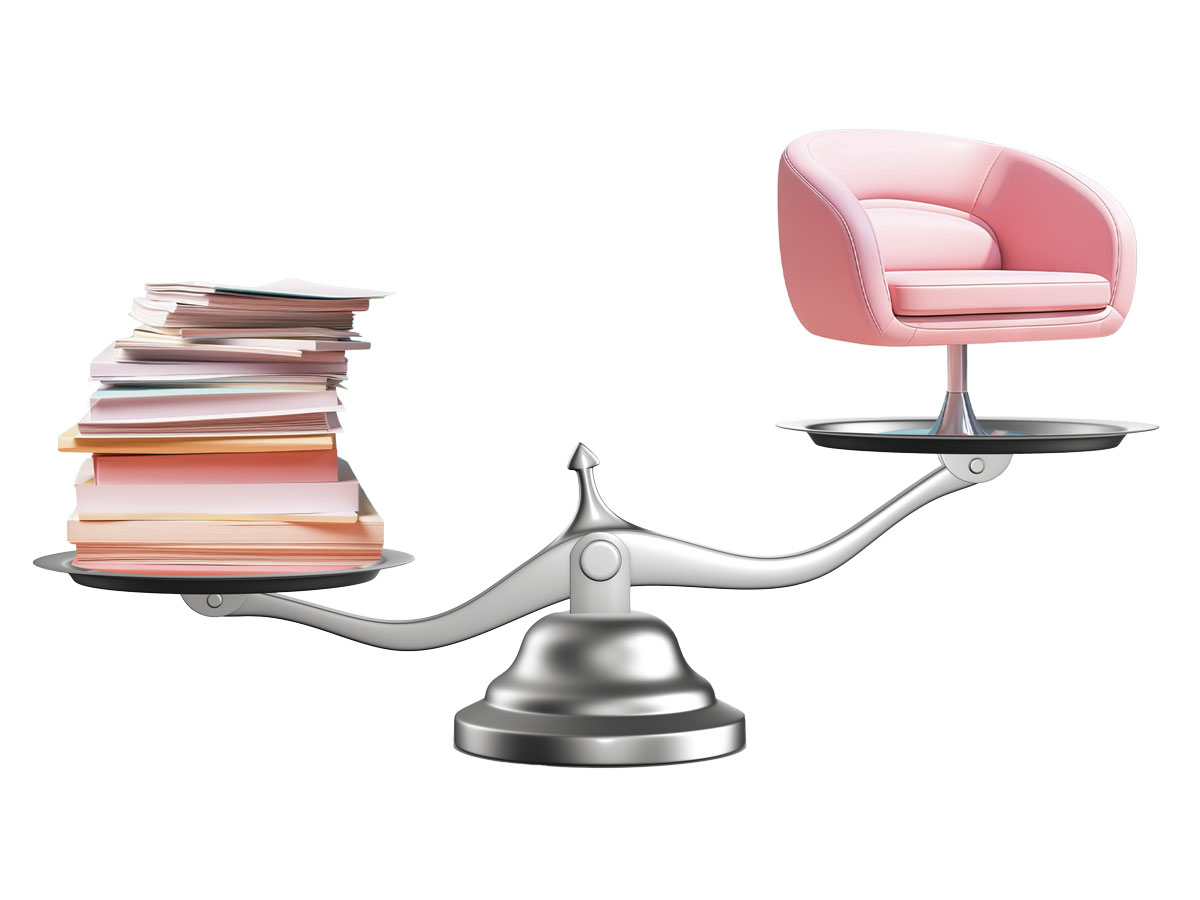
On International Women’s Day let’s talk pay equity
Economic historian Claudia Goldin’s 2023 Nobel Prize recognizes her groundbreaking work on women’s workforce participation and the gender pay gap. Her most recent book, Career and Family: Women’s Century-Long Journey Toward Equity, focuses on what she calls “greedy work”—high paying, high prestige, high pressure roles that demand elite workers be always on, always available. This style of performance and demand can be found across many sectors including finance, law, management and yes: accounting.
“Greedy work” is done by highly qualified individuals who are not easily interchangeable, and so are highly rewarded for the sacrifice of personal time. Women remain underrepresented in the most senior ranks—and it turns out education and ability are not the differentiators.
Women have long been the de facto family caregivers. These demands limit careers and feed the gender pay gap. As that gap widens, the reasons for women to take more flexible, lower paid jobs compound.
Goldin sees the endurance of pandemic-driven flexible work arrangements offering women potentially greater access to high paid, high prestige greedy jobs. In an interview with Harvard Business Review, Goldin said, “Jobs can always be made flexible. The question is what the cost to the firm is and what the price to the worker will be in lower earnings.”
But there’s another pandemic legacy affecting the workforce: the heightened drive for work/life balance.
Perhaps the real question isn’t how to get more women into “greedy work.” But instead, the real question should be how do we restructure work so it’s less greedy for everyone?
GET ON BOARD
Read why the gender wage gap persists and how a lack of sponsorship is a key hurdle in more women joining boards.
Photo caption: Women are underrepresented in high paying, high prestige high pressure roles that demand elite workers be always on